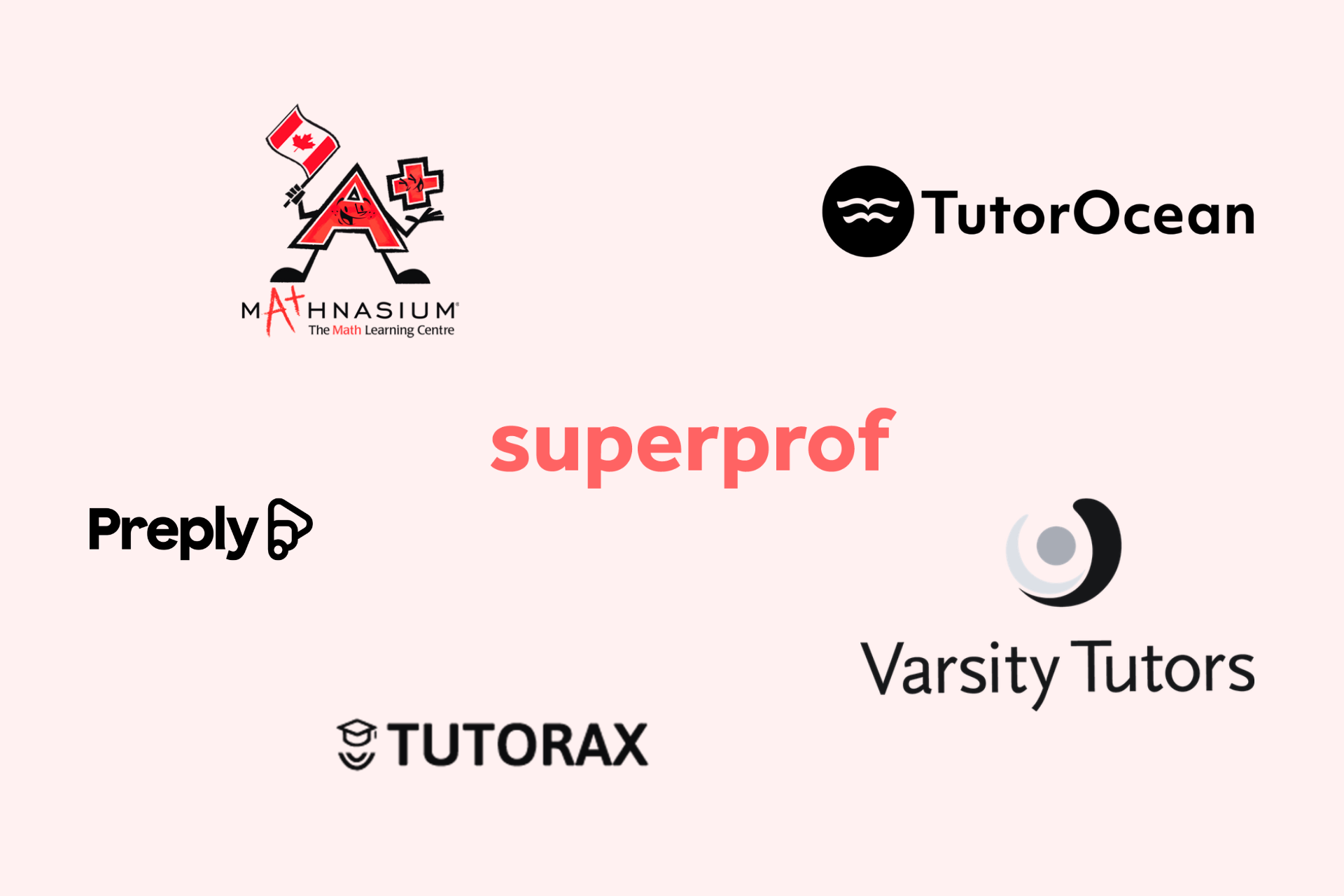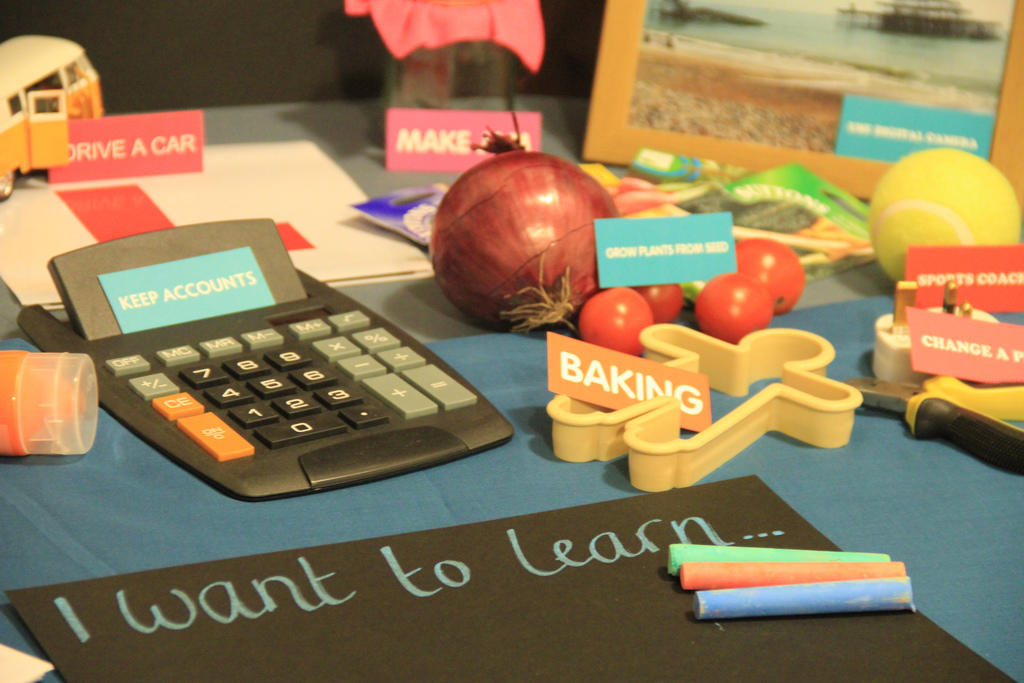What You Need to Know About Applying for University in Canada
- In Canadian universities, a multi-step application process is involved with requirements varying by program and institution.
- Make sure that in addition to strong grades, you have a experience serving the community and participating in different extracurriculars.
- There are a number of important documents you may need to produce to have a successful university application.
- Get help from guidance counsellors, mentors, community groups, and educational advisors if you want to ensure you are sending out the best possible applications.
Thinking about earning a university degree in Canada?? Whether you’re a Canadian high school student, an international applicant, or a mature learner looking to start a new chapter, navigating the admissions process can feel overwhelming at first.
With world-class institutions, diverse programs, and a welcoming learning environment, Canada attracts thousands of students each year—but understanding exactly how to get accepted is the first big step. In this guide, we’ll walk you through the entire application process—from choosing the right program to submitting a standout application—and share tips to help you meet admission requirements, strengthen your portrait, and avoid common mistakes. You’ll have a clear, step-by-step roadmap to turn your postsecondary dreams into reality.
Applying to university in Canada typically involves multiple steps of submitting transcripts, personal statements, and any required test scores through a central application system or directly to the school.


How do University Applications Work in Canada?
Applying to university in Canada is a multi-step process that requires careful planning, attention to deadlines, and an understanding of each institution’s specific requirements. It's also important to note that processes may vary from province to province, so you may need to do some additional research to ensure that you are taking all the right steps.
Let's take some time to unpack the university application process in different steps.
Step 1: Pick the Right Program
Before applying, you should explore universities and programs and consider your own interests and long term goals to find the right program for you. If you have a good sense of where you want your career to go, this should be a relatively easy task. If you are still unsure, connect with mentors, family members, and guidance counsellors to see which program will enable you to access the options you may want later on.
In Canada, you don’t usually apply to a general university—you apply to specific programs or faculties (e.g., Engineering, Arts, Business). Take note that each university program has specific admission requirements, such as prerequisite courses, minimum grades, and sometimes supplemental applications (essays, portfolios, auditions, or interviews).
We highly recommend that you reach out to the admissions office of any university you are considering applying to and also visiting campuses at "open house" events to ensure you can get any specific questions about application processes answered by school staff.
Step 2: Ensure you have the Academic Requirements for Application
Once you have decided which programs at which schools to apply to, be sure that your academic requirements are met. Applicants must meet academic requirements, which are usually based on senior-level high school courses and grades, and some programs require supplemental materials like personal statements, reference letters, portfolios, or auditions.
Requirements vary by program:
- Arts & Humanities programs often require English and a mix of electives.
- Science programs may require advanced math, chemistry, physics, or biology.
- Competitive programs like Engineering, Computer Science, or Health Sciences often require high grades and supplemental materials.
International students may also be required to provide proof of English or French language proficiency through standardized tests like IELTS, TOEFL, or TEF.
Step 3: Determining whether or not you will be using a Centralized or Direct Application to Universities
In most provinces, students apply through a centralized application service:
International students typically apply directly to the university’s international admissions office, regardless of province.

Step 4: Submitting the Application
Applications include:
- Personal and academic information (transcripts, current courses).
- Choice of programs (usually 3–5 selections).
- Application fee (ranges from about $70 to $150 per university).
- Supplementary requirements as required by the program (portfolios, personal statements, audition videos, reference letters).
Deadlines vary but typically fall between January and March for September admission. Some competitive programs have earlier deadlines.
| Document | Purpose | Typical Submission Time | Where to get it |
|---|---|---|---|
| Secondary School Transcripts | Shows academic performance and completion of required courses | Submitted with application or sent directly from school (Fall–Winter of Grade 12) | Your high school guidance office or school board |
| Application Form (via OUAC, EducationPlannerBC, or direct) | Official application to the university and program of choice | Fall–Winter before intended start date | University application portal or centralized application service (OUAC in Ontario, ApplyAlberta, EducationPlannerBC, etc.) |
| Proof of English/French Language Proficiency (e.g., IELTS, TOEFL, TEF) | Confirms language skills for academic success | Before application deadline or shortly after (Fall–Winter) | Language testing organizations (IELTS Canada, ETS for TOEFL, TEF Canada) |
| Supplementary Application / Personal Statement | Provides insight into character, goals, and program fit | With application or shortly after deadline (varies by program) | University’s online application system |
| Reference Letters | Academic or character recommendations supporting application | With or shortly after application deadline (Fall–Winter) | Teachers, school counselors, or employers (submitted directly to the university) |
| Portfolio or Audition Submission (Arts, Design, Music, Drama) | Demonstrates creative or performance abilities | Deadlines vary by program (often Winter–Spring) | Prepared by applicant; submitted via university’s portfolio portal or audition day |
| Resume / CV | Summarizes academic, work, and extracurricular experience | With supplementary materials (varies by program) | Self-prepared; may get guidance from school career centre |
| Proof of Citizenship or Immigration Status | Confirms residency and eligibility for tuition rates | With application or upon request | Passport, birth certificate, PR card, or immigration documents |
| Final Grades / Updated Transcript | Confirms conditional offer requirements are met | Late Spring–Summer after final exams | High school guidance office sends directly to the university |
Step 5: Accepting an Offer
Once applications are reviewed, universities send out offers of admission—often conditional on final grades—which students accept by paying a deposit. Offers may be conditional, requiring you to maintain certain grades in your final semester (if you are still in secondary school, you will have to submit a final transcript when your grades are ready).
You’ll need to accept your offer through the application portal and pay a deposit to secure your spot. After reviewing applications, universities send out offers of admission—sometimes as early as February, sometimes as late as May or June.
How to Get Accepted Into University in Canada
Getting accepted into a university in Canada requires more than just showing up with good grades—it’s about presenting yourself as a well-rounded, motivated, and prepared applicant. Here are some tips and strategies for submitting a strong university application.
- Strategic program selection can increase your chances of acceptance: research programs early and choosing ones that align with both your academic strengths and career goals.
- Strong grades in prerequisite courses are just your starting point. Universities also look for evidence of initiative and engagement beyond the classroom - participating in extracurricular activities, community service, leadership roles, or work experiences that demonstrate transferable skills such as teamwork, problem-solving, and commitment.
- For programs that require a personal statement, invest time in crafting a compelling narrative that connects your experiences, passions, and goals to the program you are applying for—showing not only why you want to attend but also what you will contribute to the campus community.
- Whenever possible, customize your application for each school, reflecting knowledge of their values, faculty expertise, or unique opportunities.
- Seek feedback from teachers or mentors before submitting any materials: a second set of eyes can help refine your personal statement, ensure clarity, and catch small mistakes that could affect the impression you make.
Do's 👍
- Research programs early – Understand prerequisites, deadlines, and program-specific requirements.
- Tailor personal statements – Connect your experiences and goals to the program.
- Highlight extracurriculars – Include volunteer work, leadership, sports, arts, or employment that showcase transferable skills.
- Proofread all documents – Check grammar, spelling, and formatting before submission.
- Meet all deadlines – Submit transcripts, test scores, and supplementary forms on time.
- Ask for strong references early – Give referees enough time to prepare a thoughtful recommendation.
- Keep copies of everything submitted – For your own records and follow-up.
Don'ts 👎
- Apply last-minute without reviewing all requirements.
- Use the same generic personal statement for every school.
- Leave out activities that demonstrate your initiative and character.
- Submit applications with errors or missing information.
- Miss application or document submission deadlines.
- Ask for references at the last minute.
- Assume the university has received your documents without confirmation.


University Application Help – Where to Find Guidance
Applying to university in Canada can feel overwhelming, but there are plenty of resources to guide you through the process. Let's take a look at who might be able to advise you best when it's time to apply for university.
School Guidance Counsellors
If you are in secondary school you can reach out to a guidance counsellor and they can assist you in making the right decision. Your school guidance counsellor is often the best starting point—they can help you understand admission requirements, deadlines, and how your courses align with your target programs.
Admissions Office Staff at Prospective Universities
Many universities also offer email contacts or virtual or in-person information sessions where you can speak directly with admissions representatives. Get school-specific details on the application process and insights for a stronger application.
Online Communities
If you prefer authentic, honest peer advice, online communities and forums, on sites like Reddit or student-run Facebook groups, can give you real-world tips and insights from those who’ve recently applied.

Educational Consultants and University Tutors
For more personalized support, educational consultants and tutors can provide one-on-one coaching for crafting personal statements, selecting programs, and preparing supplementary applications. Sites like Superprof have listings for consultants and tutors who can help you draft and provide feedback on your university application, which is perfect if you want to ensure your application is as strong as possible.
Visit the Superprof Canada site and find listings for available tutors and consultants. You'll find plenty of options for support from tutors and consultants who are well versed in applications across different disciplines. Contact only those you wish to work with to determine a scope of work and costs.
Canadian universities offer so many courses it can be challenging to determine which to pick.
Reaching Your Full Academic Potential
Grades are going to have a consideration in whether you are accepted into your program. It’s recommended to have at least an 80% average in your high school courses to be competitive with the rest of the applicants applying. If you are struggling to raise your grades, you can always work with a tutor. Your tutor will be able to work with you in multiple areas and help you get the grades you need.
Superprof has 100s of tutors across Canada that are ready to work with you. They have the experience and knowledge and to help you learn everything you need to know. Superprof tutors also offer sessions online and in-person giving you the freedom and flexibility to learn when you want to learn.
Deadlines for Canadian university applications vary by province and program, so it’s important to check each school’s specific requirements.
After Applying to University
After you've finally submitted your last documentation for the university the next step is to wait. Waiting can be the worst part after the application process. It's important to know you've done everything you can and there's nothing else you can.
Early acceptance into university is usually around a month or two after the deadline for applications. If you don't hear anything during the early acceptance period you still have plenty of time to hear from the school. Most schools will send out an acceptance and a rejection letter so you should expect to receive mail from the school.
Most institutions provide decisions within 6 to 10 weeks after the application deadline. Some universities, especially those with highly competitive programs, may take longer, even up to May, to finalize admissions decisions.
Another option schools can offer you is a spot on a wait list. Waitlists are just what they sounds like: you're not accepted, but you're next in line if someone doesn't accept. Getting rejected from the university isn't the worst-case scenario. When applying to university you should be applying to multiple universities. This is just in case you don't gain acceptance from the school of your choice.

After receiving your acceptance letter your next steps will be provided in the letter of how to get started. Schools will even send a follow-up package that has everything you need to know about the university.
Students applying to Canadian universities may need to write a personal statement as part of the application.
Start Applying to University in Canada
Applying can be stressful but by following these steps and things to consider you're on the right page. It's stressful times - especially when you're gathering the information and submitting documents, but it's also an exciting time. You're on the path to following your interests and improving yourself whether it's for personal reasons or for a career.
Start finding the right university program for you in Canada. There is the right school out there for you. Remember to always do your own research when searching for the requirements for a program. You can always contact the school directly to find out what you need and how to apply.
Applying to University in Canada can come with a lot of questions. This is why we have created numerous articles to help make your application process easier. Check out the articles down below to learn more.
Summarize with AI:























